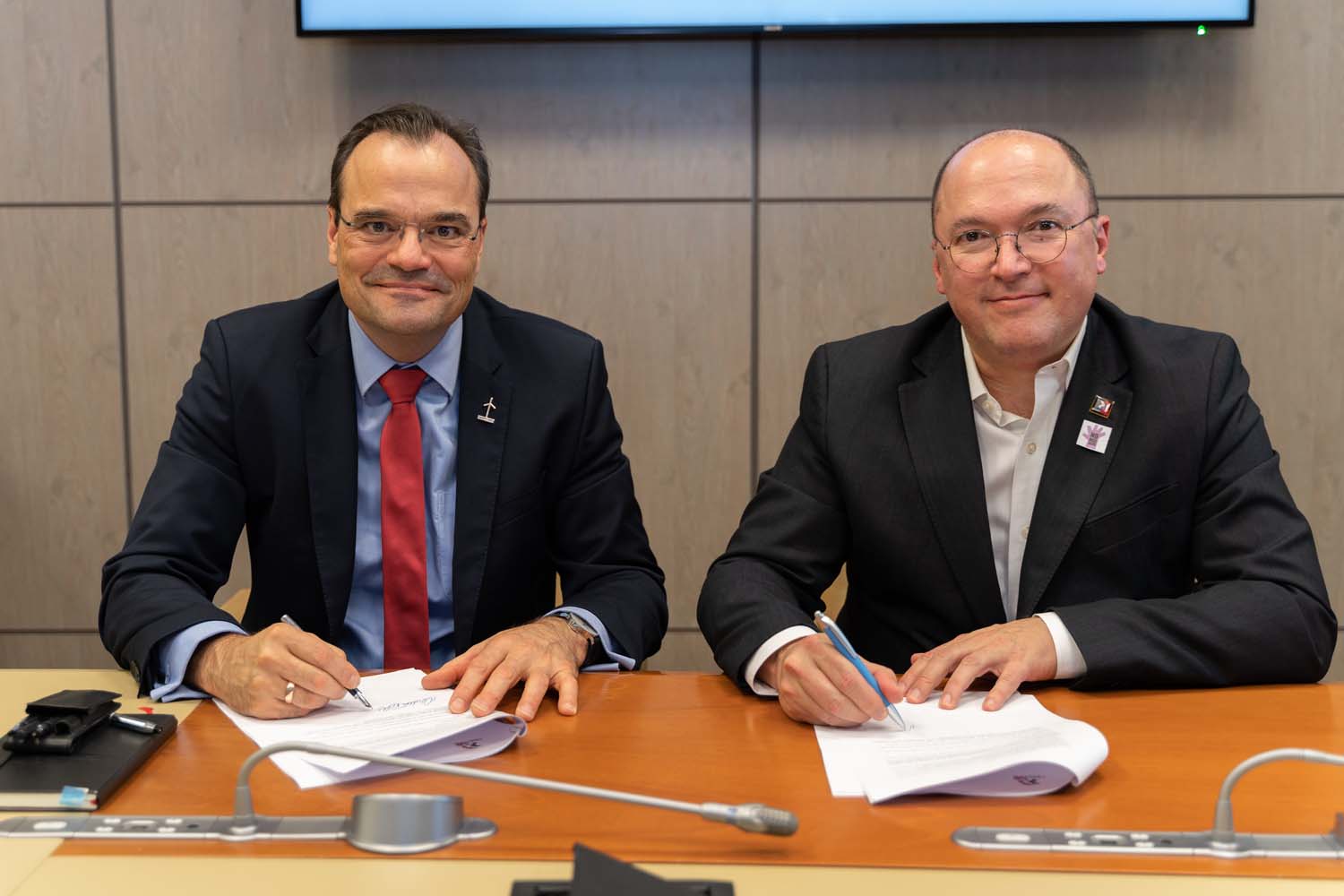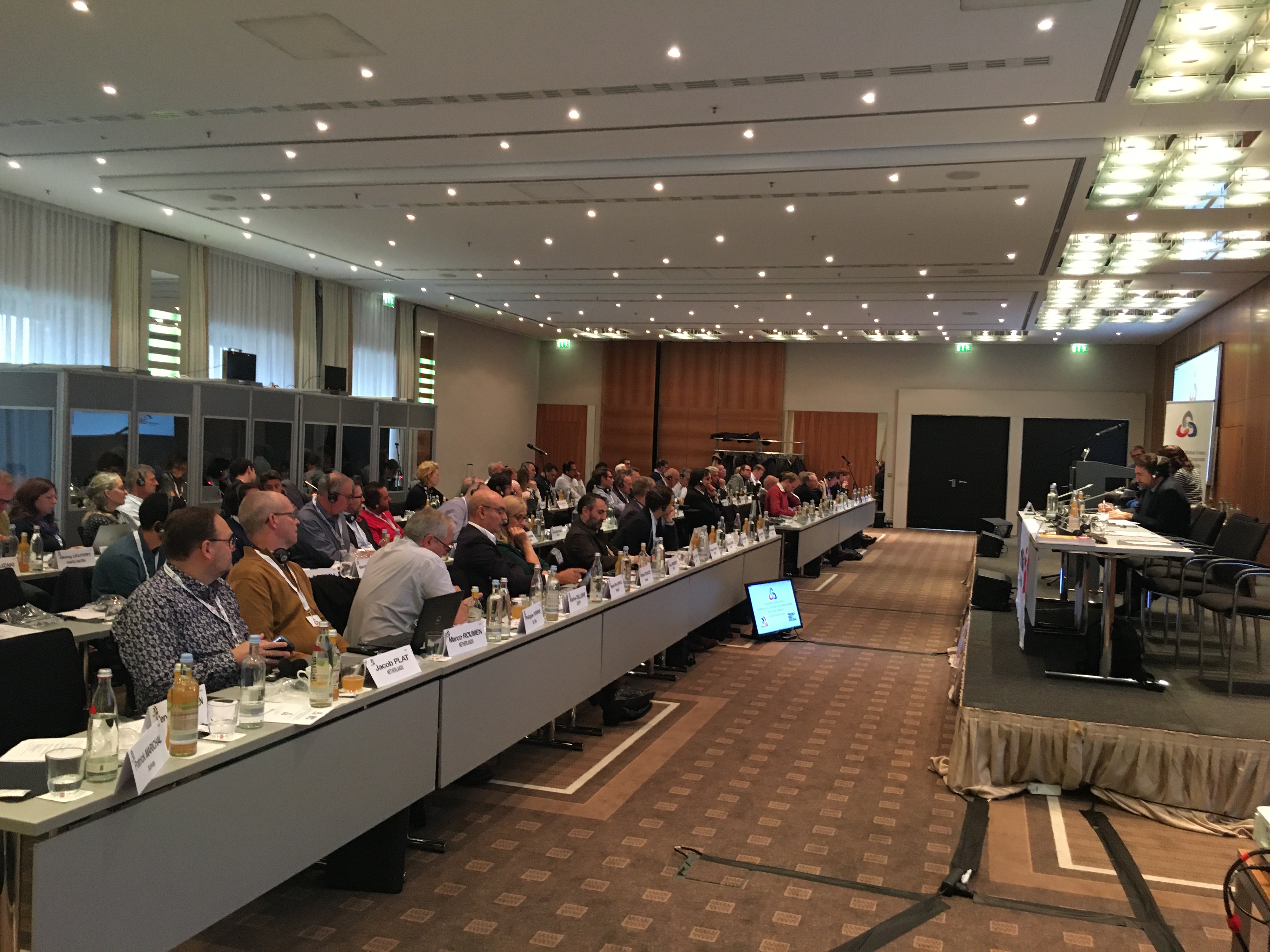IndustriALL renews GFA with Mizuno
IndustriALL general secretary Valter Sanches says:
“I truly appreciate the full cooperation provided by UA Zensen and Mizuno Workers’ Union in the support for monitoring the issues that arise throughout Mizuno’s operations and its supply chain globally.
“Access language and the integration of a strong dispute resolution mechanism, including a provision on binding arbitration, have been incorporated in the renewed GFA. We welcome that Mizuno shares our view that these are important points.”
Mizuno is the first Japanese multinational company to sign a global framework agreement (GFA) with IndustriALL. The GFA includes commitments to implement minimum standards of workers’ rights throughout Mizuno’s factories globally, as well as at its suppliers in several countries throughout Asia.
Mizuno Corporation says on the renewed agreement:
"We will continuously cooperate with all the parties to ensure proper application of the international labour standards in the global supply chain of Mizuno Corporation."
The previous GFA, was signed by one of IndustriALL’s founding organizations, International Textile, Garment and Leather Workers’ Federation (ITGLWF), dates from 2011. Over the experience from implementing the GFA, Mizuno and IndustriALL have worked together to improve the GFA that was signed on 1 October.
Mizuno Workers’ Union says:
“We will continue to work together for better working environment so that people who are involved with Mizuno Group around the world can have comfortable life.”
“UA ZENSEN will extend its support to continuous cooperation among four signatories for workers’ rights and decent work in supply chain of Mizuno Corporation under the renewed GFA,”
says UA ZENSEN.
Mizuno produces sport related goods like clothing, golf clubs, and athletic shoes.
Photos: IndustriALL general secretary Valter Sanches signs the GFA; Matsuura-San, UA Zensen, signs the GFA.

